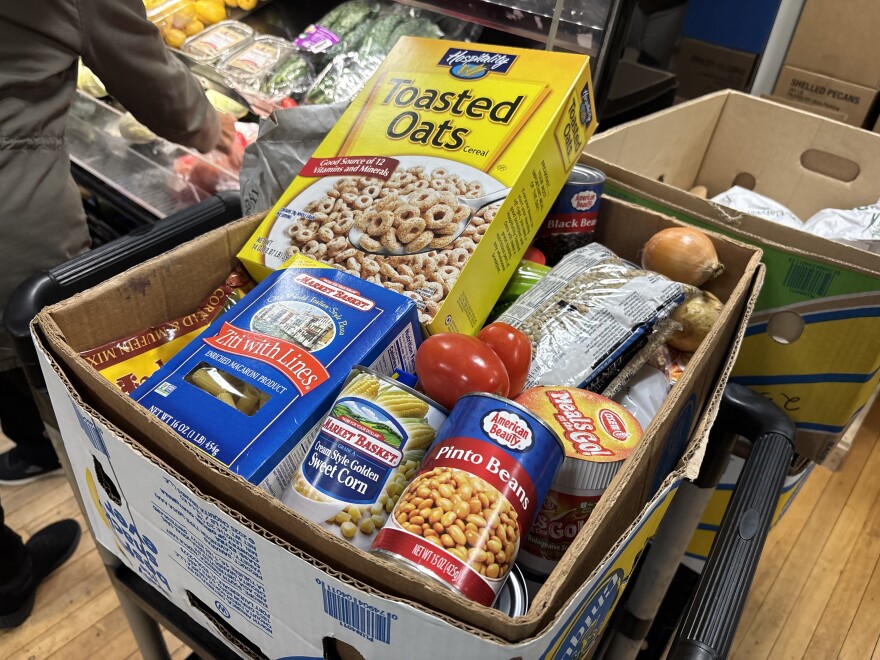In New Hampshire, approximately 75,000 residents enrolled in the Supplemental Nutrition Assistance Program (SNAP) are bracing for a significant disruption in food assistance beginning November 1, 2023. This cut is a consequence of the ongoing federal government shutdown, which has impacted vital safety net programs nationwide. The Trump administration has indicated that SNAP funding will be exhausted by the end of October.
While more than two dozen states have initiated legal action challenging this funding suspension, New Hampshire is not part of that lawsuit. As the situation unfolds, families enrolled in the Women, Infants and Children Nutrition Program (WIC) are facing uncertainty as well, although officials have confirmed that funding for WIC is currently projected to last until November 7, 2023.
Current Support Options for SNAP Participants
The New Hampshire Department of Health and Human Services is actively working to mitigate the impact of these cuts. The state has allocated $2 million to support a network of mobile food pantries specifically designated for SNAP recipients, alongside traditional food pantries that serve both SNAP participants and the broader community.
Officials are coordinating with the New Hampshire Food Bank to finalize the distribution sites, and a detailed map of existing partners will be made available soon. For those concerned about the status of their Electronic Benefits Transfer (EBT) cards, while benefits for November will not be loaded, recipients can still utilize any existing balances to purchase food.
To check EBT balances, users can visit EBTedge.com or call 888-997-9777. For those enrolled in SNAP, it is important to note that changes in federal policy may affect eligibility, including new limits on assistance for certain legal immigrants and adjustments to work requirements. Consequently, it is advisable to verify eligibility by applying online through the New Hampshire health and human services website.
Local Food Assistance Resources
Individuals and families who are struggling to afford food do not need to be enrolled in SNAP to access assistance at local food pantries. Residents can utilize resources such as the New Hampshire Food Bank’s website or the UNH Cooperative Extension’s mapping tool to find nearby food assistance options. Additionally, calling 211 or visiting 211nh.org can provide further guidance on available local resources.
Community members wishing to assist those facing food insecurity can contribute in several ways. Many food pantries are welcoming donations of money or groceries to help meet the expected increase in demand due to the impending cuts. Local farms and businesses are also stepping up to support their communities.
For example, Sherman Farm in Conway is offering 30 free boxes of local food to SNAP participants, while a food drive scheduled for November 6 in Keene aims to support The Community Kitchen. In Nashua, Luk’s Bar and Grill is facilitating a network of community meals, allowing patrons to purchase meals to donate to families in need.
Ayottes Market in Hudson has launched a similar initiative focused on assisting SNAP participants and out-of-work government employees. Meanwhile, Table, a bakery in Concord, is offering a “community card” that allows customers to contribute funds to help cover food costs for those in need.
As New Hampshire navigates these challenging times, community solidarity is crucial. For additional local food distribution efforts or resources not mentioned here, residents are encouraged to reach out by emailing [email protected].







